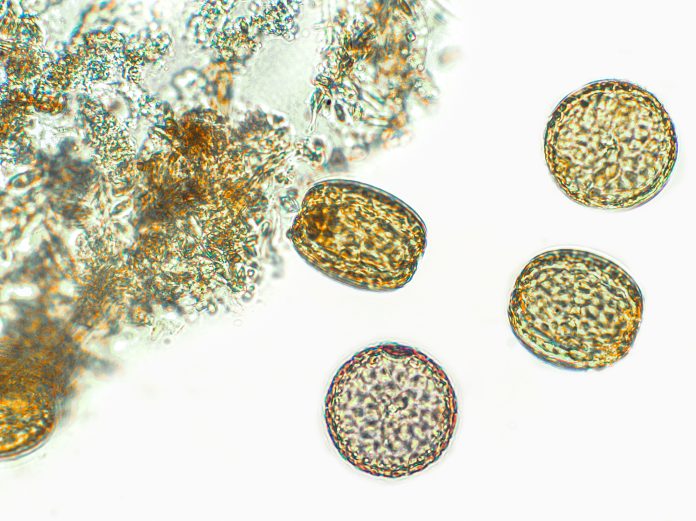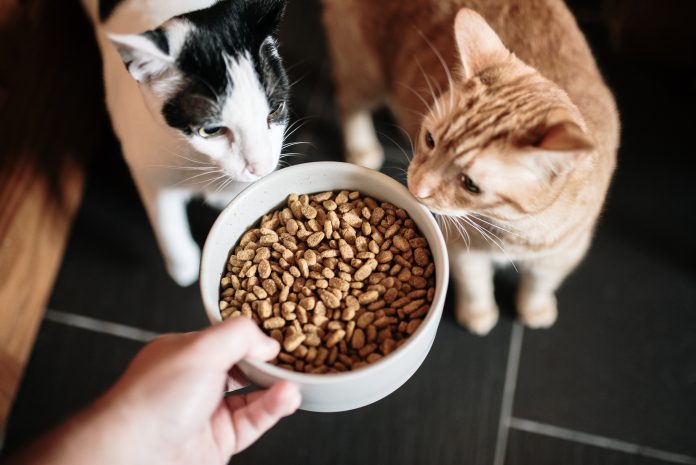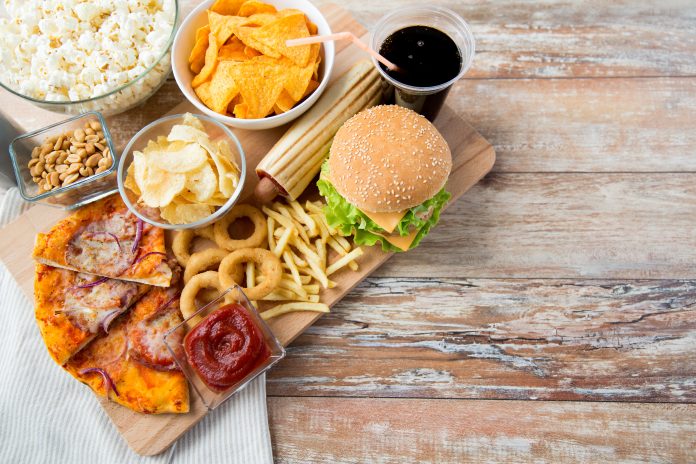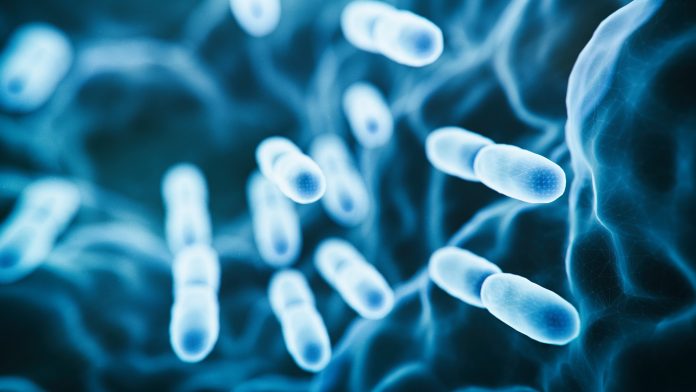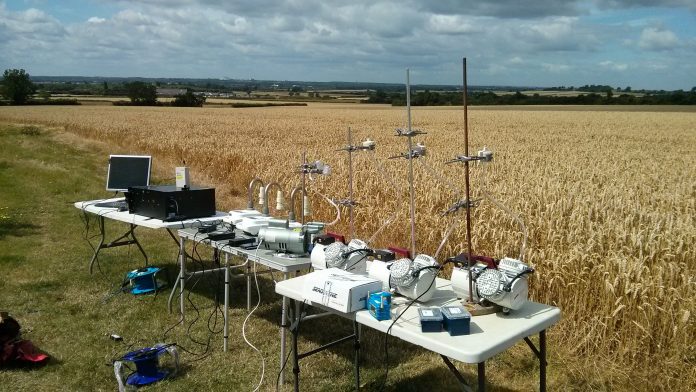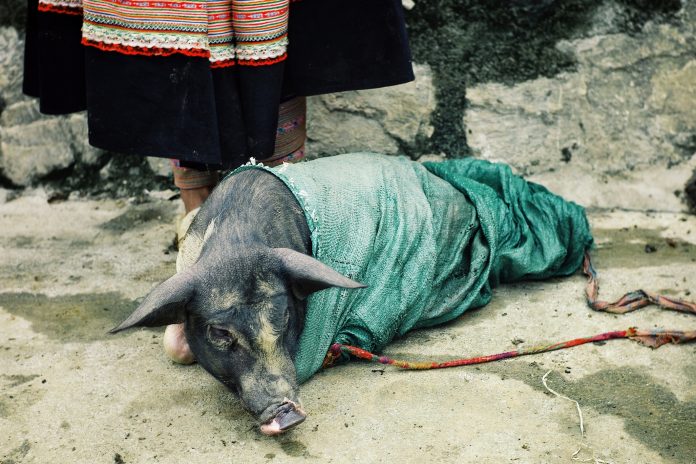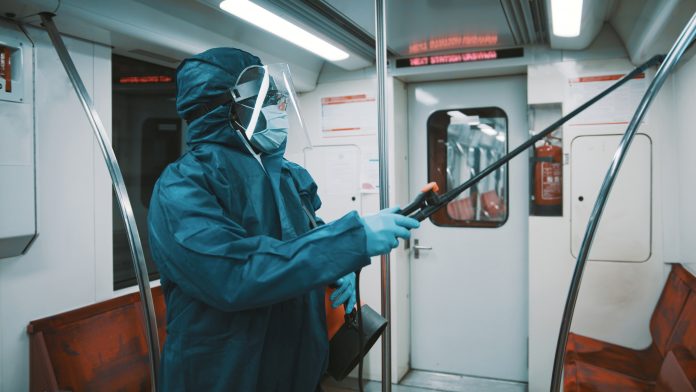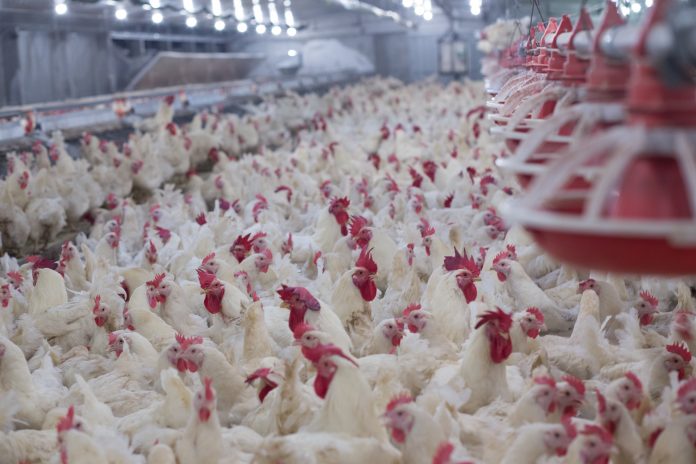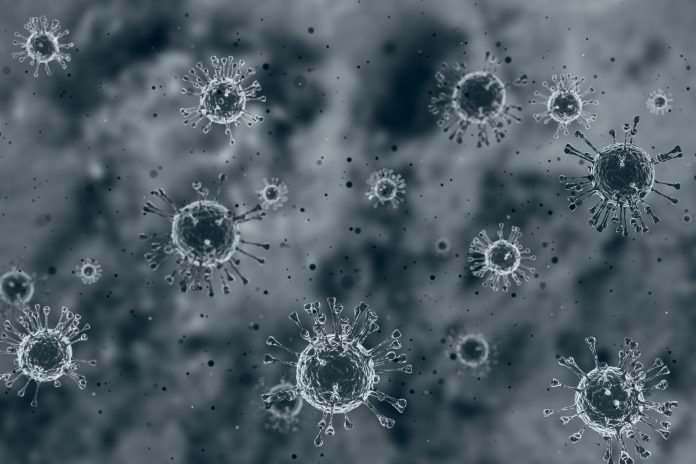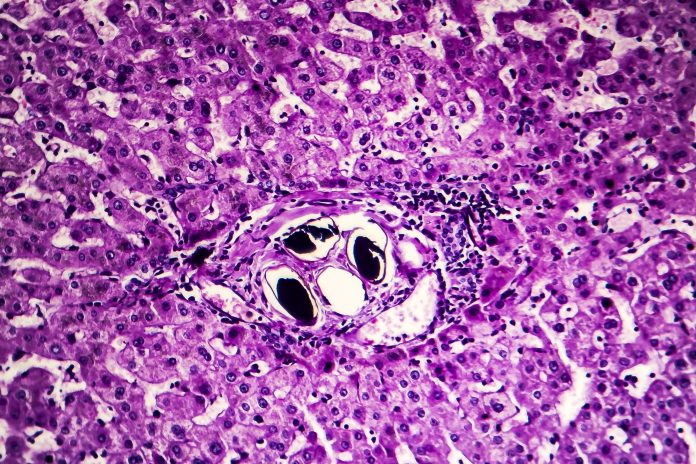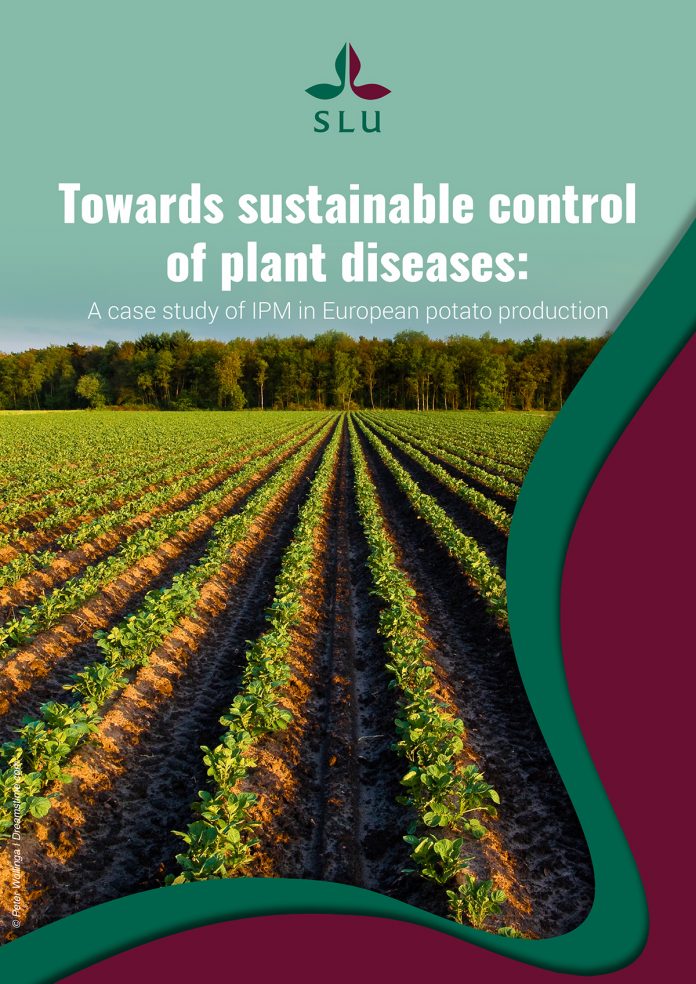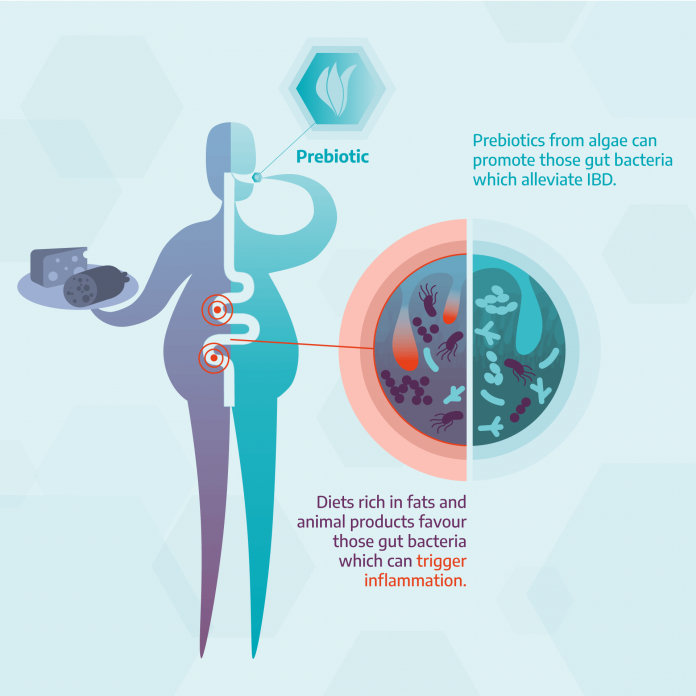Open Access Government produces compelling and informative news, publications, eBooks, and academic research articles for the public and private sector looking at health, diseases & conditions, workplace, research & innovation, digital transformation, government policy, environment, agriculture, energy, transport and more.
Home Search
Bacteria - search results
If you're not happy with the results, please do another search
Can we produce new medicines from microalgae?
Inflammatory bowel disease (IBD) is a chronic inflammation in the digestive tract. Currently no effective treatment exists, something that the researchers of the EU-funded Algae4IBD project want to change with the help of microalgae.
Ensuring healthier pets through improved nutrient precision in pet foods
Improved nutrient precision in pet foods is critical to pets, people & planet; Dennis E. Jewell, PhD from Kansas State University & Matthew I. Jackson, PhD from Hill’s Pet Nutrition, explain.
Western diets high in fat and sugar cause non-alcoholic fatty liver disease
Link established between western diets high in fat and sugar and the development of non-alcoholic fatty liver disease, the leading cause of chronic liver disease.
Tackling tuberculosis: Continuing problems but grounds for optimism
Paul Sommerfeld, Executive Trustee, TB Alert and Chair, TB Europe Coalition, walks us through tackling tuberculosis. We hear that while there are continuing problems, there are finally grounds for optimism.
What are the health benefits of live microbes?
The health benefits of live microbes, foods such as yoghurt, other fermented foods and raw fruits and vegetables include improved blood pressure and weight.
Legacy pollution and our struggle to control non-point source pollution
To tackle legacy pollution and non-point source pollution, we must identify the sources, sinks and hot spots – but is it already too late?
Could manuka honey be effective on collagen scaffolds?
Manuka honey, made from tea trees, can help collagen scaffolds to heal by resisting bacterial infection and promoting bone growth.
Rapid measurement tools or fast identification of bioaerosols
Why is rapid measurement tools or fast identification of bioaerosols important and what are the challenges and opportunities?
PANDASIA: Reducing the risk of zoonoses spread in Europe and Asia
Zoonoses – zoonotic pathogens spread between animals and humans – have been a concern of the international community since COVID-19.
Molecular aspects of Global Infection Prevention and Control
Dr Zisis Kozlakidis directs our thoughts towards the molecular aspects of global Infection Prevention and Control, in this the second of a special two-part series.
Microbial farming for habitat recovery in the Taiwanese mountains
Professor Tzen-Yuh Chiang’s team looks toward microbial farming in the mountains slopes of South Taiwan to aid habitat recovery, as low-land slopes have been affected by climate change.
We need to rethink food security
Lindsay Duncan, Farming Campaigns Manager, World Animal Protection, explains why we need to rethink food security.
How entrepreneurship and industry saved COVID fighting nanotechnology?
Here Thomas J. Webster, Ph.D. explores how Nanotechnology was crucial in the battle against COVID-19 and how entrepreneurship helped it thrive.
Fungi microbes can “eat” methane after wildfire destruction
Tiny organisms called fungi microbes can help environments to rebuild following a wildfire, signalling nature-based solutions to climate change.
How can deep ocean microbes thrive without sunlight?
Evidence is questioning the idea that deep ocean microbes are fuelled through sunlight photosynthesis by suggesting hydrogen and carbon monoxide may have more significance than previously thought.
Schistosomiasis: Put parasitic infections on the map
Wendy Harrison, CEO of the SCI Foundation, outlines the importance of putting parasitic infections on the map, with a particular focus on schistosomiasis.
Towards sustainable control of plant diseases
The 15th of November 2022 was an unremarkable day that may have passed many people by, but this was the day that the world population reached 8 billion people. As many as 828M of those people will go to bed hungry tonight.
Tibetan monks have different gut microbes, here’s why
Study shows that gut microbes in Tibetan Buddhist monks differ substantially from their secular neighbours.
Prebiotics from algae as a treatment for inflammatory bowel disease
The Algae4IBD project is studying the potential of probiotics and algae-derived prebiotics as a treatment for inflammatory bowel disease.
Microbes on a chip: How microfluidics can help us better understand and engineer electroactive...
Electroactive microbes exchange electrons with their environment for survival.

